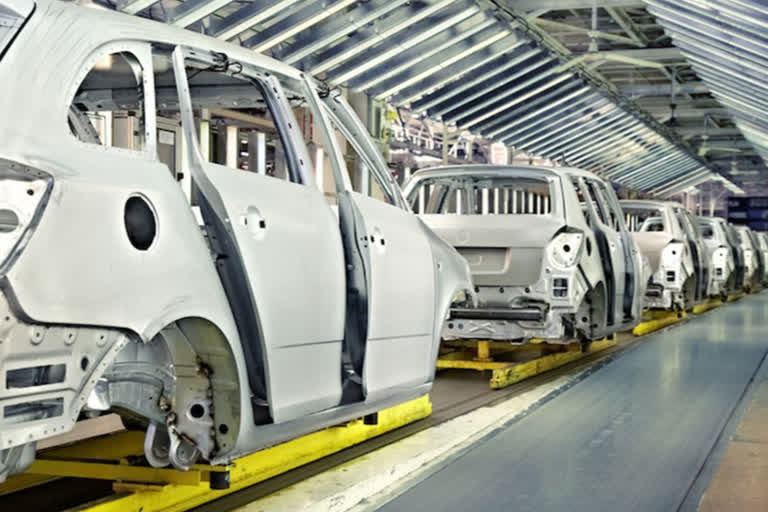Chennai: A fuel-efficient vehicle is the preferred choice of consumers and the USP of the manufacturer. With safety being ensured, it is a win-win for both. And researchers at the premier Indian Institute of Technology-Madras (IIT-M) in Chennai, has come out with alloy steel that meets those expectations. It is soon expected to reach the commercial production stage, providing the much-needed impetus to the automobile sector.
Not only for the average Indian but across the globe fuel economy of a vehicle is a concern for consumers opting for a four-wheeler. Also, given the global campaign for a reduction in fossil fuel, the weight reduction of a vehicle assumes significance. No wonder then that material scientists are engaged in developing an alloy that is not only light but also strong enough to be crash-resistant.
Succeeding in developing such an alloy, the team of researchers, led by Professor Subramanya SarmaVadlamani of the Department of Metallurgical and Mechanical Engineering at IIT-M, got its research published in the prestigious international journal: “Materials Science & Engineering A”. The team strived to come out with new steel that is very much stronger than the present alloy used in car manufacturing but at the same time ductile so as to make lightweight but strong four-wheelers.
“Reduction in the fuel consumption through weight reduction to meet stringent emission regulations without compromising on safety is critical for the automobile industry. To meet these requirements, newer steel is required to be developed which can overcome the strength-ductility trade-off and are commercially viable for widespread production,” explains Prof Sarma. His team also comprised RK Ray, a former professor of IIT Kanpur and a renowned scientist with expertise in steel technology.
In developing and designing the Gen-Next alloy, the team had used computational thermodynamics and kinetics approach, keeping in mind various important factors such as coatability, formability and weldability. For this, manganese, carbon, aluminium, silicon, nickel and niobium elements were mixed in steel in a particular ratio and then subjected to thermomechanical processing.
The basic idea was to produce an alloy that is flexible without losing toughness and capable of being drawn out or stretched, giving it twining and plasticity. The research team found that the steel had a yield strength of 720 Mpa and tensile strength of 1350 Mpa which it can withstand before fracturing. MPa is a calculation to gauge yield and tensile strength of steel. According to the team, the steel was found to stretch or elongate around 26% at the maximum stress, making it much superior to similar grades of steel reported earlier.
It then undergoes further processing of zinc coating to make it corrosion resistant. “Next, we aim to check coatability, formability and weldability of the material for fabrication experimentally and carry out studies to evaluate crash resistance,” says Prof Sarma.
The research team included Prof KC Hari Kumar, Collaborator Prof Sumantra Mandal of IIT Kharagpur, PhD Scholar Achintya Kumar patra and Post-Doctoral Fellow Dr CN Athreya. Now, the team is planning to engage auto and steel majors for commercial use of the research output.
Read: Chip shortage may pull down auto volume growth to 11-13%: Report



